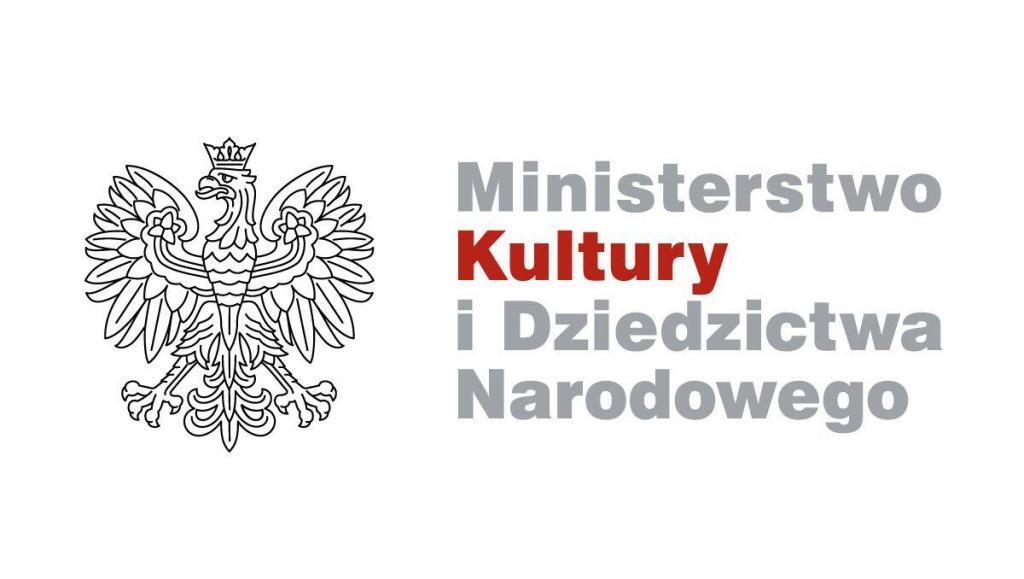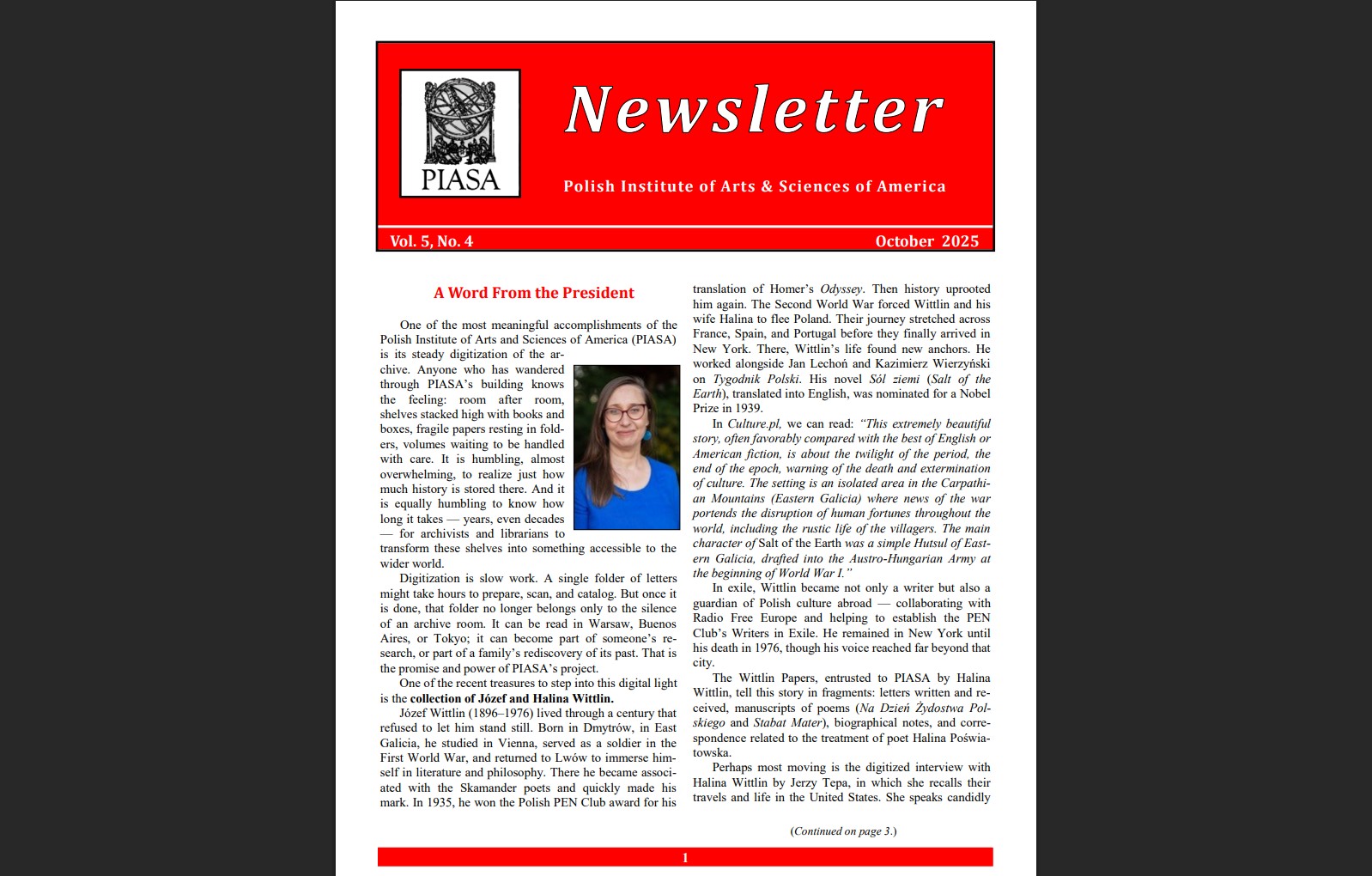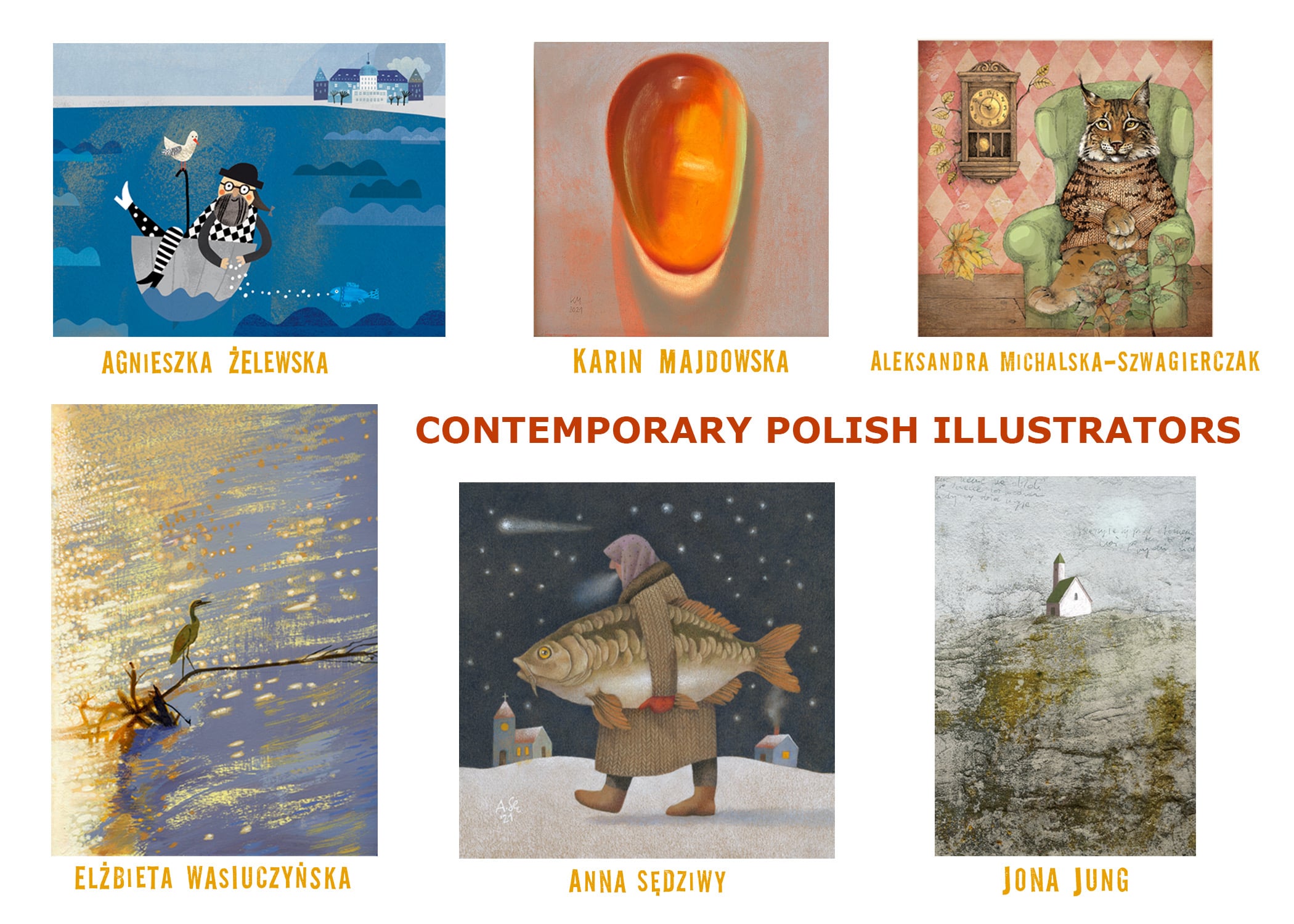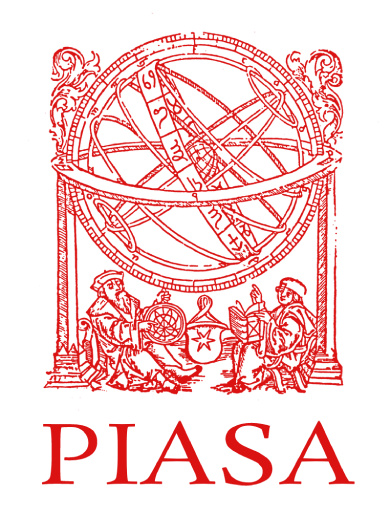Lecture: "How Albert Schatz Discovered Antibiotic Streptomycin and Missed the Nobel Prize". by: Karl Maramorosch, Ph.D.
Robert L. Starkey Professor of Microbiology and Professor Emeritus of Entomology, Rutgers – The State University of New Jersey (New Brunswick, N.J.)
Abstract of the presentation:
The discovery of streptomycin, the first antibiotic to cure tuberculosis, was attributed to Rutgers scientist Selman A. Waksman (1888 – 1973). The work, published in 1944, had a major impact on the treatment of infectious diseases, and Waksman received the 1952 Nobel Prize in Physiology or Medicine for the work. However, as confirmed by recent discoveries of laboratory notebooks, Waksman’s student, Albert Schatz (1922 – 2006), was the real discoverer of streptomycin. Waksman never acknowledged the importance of his student’s contribution. However, Schatz’ 1943 recently found laboratory notebook clearly details the isolation of a two strains of a soil organism (Streptomyces griseus) from “leaf compost, straw compost and stable manure” on the Rutgers farm outside his laboratory and their ability to destroy E. coli bacteria in a petri dish assay. Streptomycin was subsequently purified from these strains, and the antibiotic was commercially produced. When Schatz discovered that Waksman was secretly receiving royalties from the sales he sued Waksman. The yearlong case was finally settled out of court with Schatz receiving three per cent and Waksman receiving ten per cent of royalties. Schatz reputation suffered for attacking Waksman. He won his royalties but he lost the public relations battle with the scientific community who sided with Waksman. He went on to hold faculty positions at Brooklyn College; the National Agricultural College in Doylestown, Pennsylvania; and the University of Chile. He held a faculty position at Temple University from 1969 to his retirement in 1981. In 1994, fifty years after the discovery of streptomycin, I was able to locate Schatz and bring him back to Rutgers where he was officially recognized as the co-discoverer of streptomycin and was awarded the University’s highest award, the Rutgers Medal,
Schatz, A., E.Bugie & S.A.Waksman (1944). Streptomycin, a substance exhibiting antibiotic activity against gram-positive and gram-negative bacteria. Proc.Soc.Exptl.Biol. & Med., 55: 66-69.
Biography
Karl Maramorosch, Ph.D., Robert L. Starkey Professor of Microbiology and Professor Emeritus of Entomology at Rutgers -The State University of New Jersey, New Brunswick, New Jersey.
Dr. Maramorosch, a native of Vienna, Austria, grew up in Poland and graduated Summa cum Laude from SGGW, the Agricultural University of Warsaw. He obtained his Ph.D. degree from Columbia University. His scientific career began at Rockefeller University where he spent twelve years working on plant viruses and insect vectors. Later, he became Program Director of Virology and Insect Physiology at the Boyce Thompson Institute. Since 1974, he has served as a Distinguished Professor at Rutgers University, where he became the Robert L. Starkey Professor of Microbiology in 1983.
Professor Maramorosch is a Fellow, former Recording Secretary and Vice-President of the New York Academy of Sciences, a Fellow of the American Association for Advancement of Science and of the American Phytopathological Society, a Fellow and Honorary Member of the Entomological Society of America, Honorary Fellow of the Indian Virological Society, a Foreign Fellow of the Indian National Science Academy, a member of the Leopoldina Academy, the Society for In Vitro Biology, the American Society for Virology, the Microscopy Society, the International Organization for Mycoplasmology, the Society for Invertebrate Pathology and of other professional organizations. He won the 1980 Wolf Prize in Agriculture, often called the Agriculture Nobel Prize, and numerous other awards and honors, including the Jurzykowski Award in Biology, AIBS Award of Distinction, the Waksman Award, AAAS-Campbell Award, the 2012 SGW Award of Distinction and others. He was nominated by the Entomological Society of America and the Phytopathological Society for the National Medal of Science. He has held short-term assignments from the Rockefeller Foundation, the Agency for International Development, U.S. Department of Agriculture, and Ford Foundation in Mexico, India, Kenya, and Philippines.
Dr. Maramorosch has edited more than 90 volumes on viruses, vectors, plant diseases, invertebrate cell culture, and is the author or co-author of more than 800 research papers. His major interests include comparative virology, invertebrate cell culture, parasitology, diseases caused by spirochetes, viroids, phytoplasmas and spiroplasmas. He is an active participant in biotechnology studies and international scientific cooperation.
In Dr. Maramorosch’s long and distinguished career he has served twice as visiting Fulbright Professor in Yugoslavia and as a visiting professor in China, U.S.S.R., the Netherlands, Germany, Poland, Romania, Japan and India.
Other News
2025 PIASA Award Recipients
Newsletter Vol. 6, No. 1 January 2026
CONTEMPORARY POLISH ILUSTATORS – Art Exhibition
Newsletter Vol. 5, No. 4 October 2025
Navigation
Get Connected
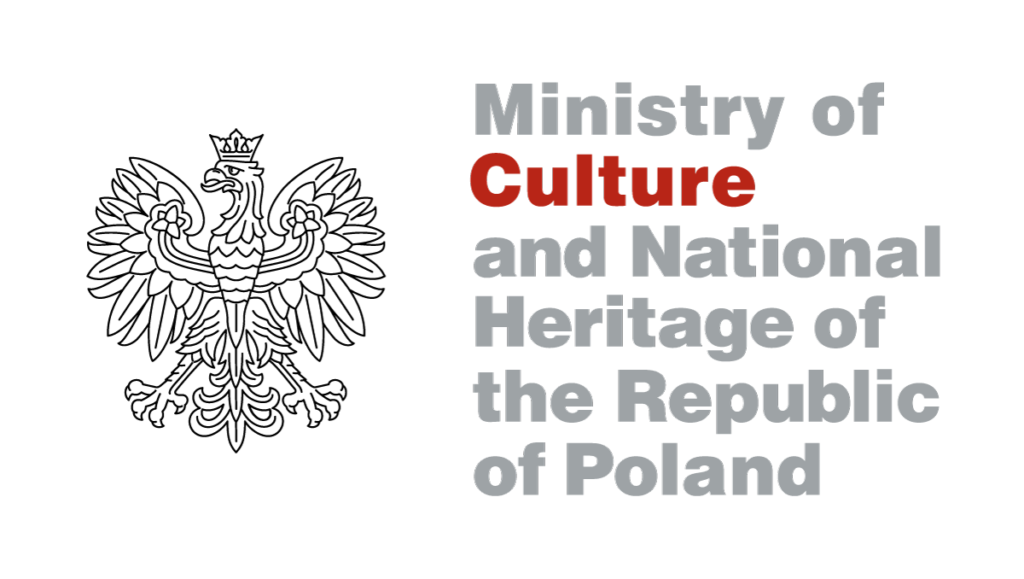
Co-financed by the Ministry of Culture and National Heritage of the Republic of Poland
